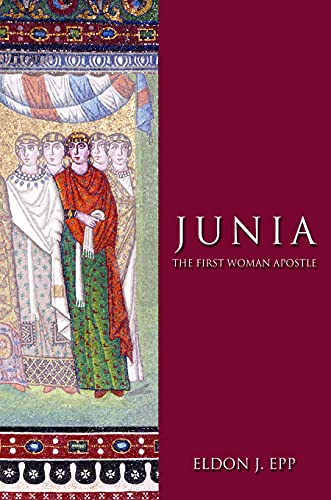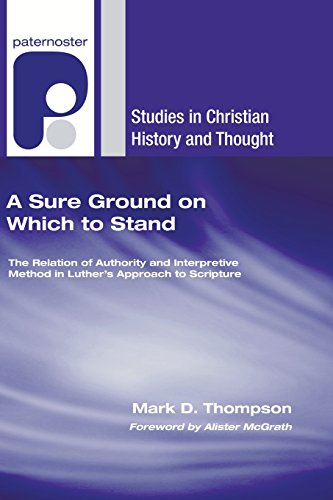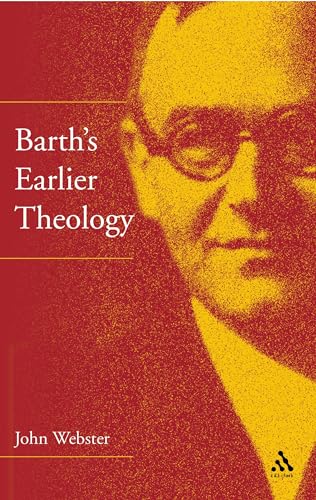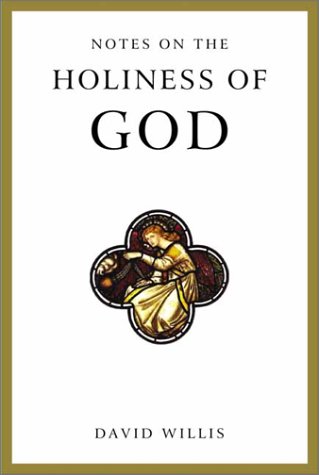At just 81 pages of text, Eldon Jay Epp’s book, Junia: the First Woman Apostle (Fortress, 2005), might seem like a quick read. But most readers will want to take their time and savour the rich depth of detail Epp packs into his work. Was Junia/s man or a woman? Epp explores all possible angles in answering this question and provides a careful discussion on the relationship between text criticism and exegesis. He suggests that over the last century, text critical scholarship has been plagued with a socio-cultural bias, and he aims to expose this distortion and offer a way forward.
As a test case, he investigates the critical issues surrounding Jesus’ sayings on divorce and remarriage (Mark 10:2–12; Matthew 5:27–32, 19:3–9; Luke 16:18). Epp concludes that text critics can rely no longer on mechanical application of rules and principles but must employ skilled judgement in reconstructing the best reading. The cloud’s silver lining, Epp argues, is the opportunity to hear early church discussion through these variants.
Next, Epp looks at another hotly contested Pauline passage, 1 Corinthians 14:34–35. He provides a masterly summary of current debates and skilfully takes the reader through the complex manuscript evidence, ultimately determining that the passage is an interpolation. Along the way, he underscores the interplay between exegesis and text criticism.
Already a quarter of the way through the short book, Epp now engages Romans 16:7 head-on. He painstakingly outlines the lexical evidence related to the Greek name Iounian written in the (unaccented) accusative form. Noting this is a Roman name which has been written in Greek, he documents the wide attestation of the female Latin name, lunia (from the gens lunia), and the utter absence of the masculine name, lunias in any literary text, inscription or documentary source. Epps walks the reader through the intricacies of accented and unaccented texts, and provides overwhelming evidence that the alleged masculine forms of this name do not occur during the Greco-Roman period. Epp challenges the theory that the Greek name Junias is a contracted from of the masculine Latin name lunianus (Gr: Junianus). While lunianus is a common Latin name, Epp uncovers no evidence that it was shortened to Junias.
Epp finds universal agreement that Junia was a woman among the ancient and medieval commentaries on Romans and other citations of Romans 16:7. He succinctly summarizes and dismisses the alleged evidence for Junias found in Rufinus’ Latin translation of Origen’s commentary on Romans. Epp rightly discards as unreliable Epiphanius’ reference to ‘Junias’, for the latter also presented Prisca (Romans 16:3) as a man.
Epp sharply censures past decisions of the Greek New Testament critical editions. In 1927, Erwin Nestle’s Greek New Testament replaced the feminine form with the masculine form, and the later UBS editions followed suit. In 1998, both editions reversed their decisions. Epp offers a detailed expose and a quite readable chart to bolster his conclusion that prejudice guided their earlier decisions, namely that women could not be apostles.
Having established to his satisfaction that all evidence points to the reading ‘Junia.’ Epp asks whether she was an apostle. He carefully combs the most recent discussions on whether Junia was prominent among the apostles (inclusive sense) or was well known to them (exclusive sense), and determines that the admittedly meagre evidence points solidly to identifying the woman Junia as apostle.
Lynn H. Cohick
Wheaton College, IL







